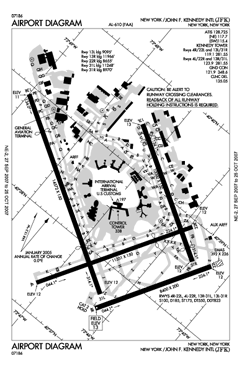The majority of the times I flew this flight, the gross weight of the aircraft was at its maximum of 775,000 pounds.
 |
| Boeing 747-200 |
I had considered the question - what would be the most demanding maneuver an airline captain could be called upon to perform? The answer is - A high speed, high gross weight aborted takeoff! I think most of you would confirm my conclusion as correct. As a result, I would request the use of the longest runway for my departures to Tel Aviv.
On each of my departures from JFK, I would have my co-pilot request its use on our first call to ground control. In every case, the response from the ground controller was the same, He would say, "The runway in use tonight is runway 22R." I would then direct my co-pilot to let the controller know we were aware of that fact but we were still requesting runway 31L for departure.
The response from the ground controller was always - "There will be an indefinite delay for you to use runway 31L." What is the definition of an "indefinite delay"? I discovered there is none. As a result, I decided to accept the delay (whatever it was as I could not get an estimate from the ground controller) and I would finally hear the words I wanted to hear from ground control - "...taxi to runway 31L."
I would than taxi to runway 31L and when I got there discovered I was number one for takeoff. My "indefinite delay" turned out to be zero.
 |
| JFK Tower |
This same sceniero was repeated many times in my remaining flights to Tel Aviv. I began to arrive at the conclusion that the air traffic controllers were trained to use their responses to my requests in an effort to discourage me from making them. As only the pilot in command determines which runway is used for take off, it did not cause me to change my requests. What do you think?Updated Wednesday, December 28, 2011.

